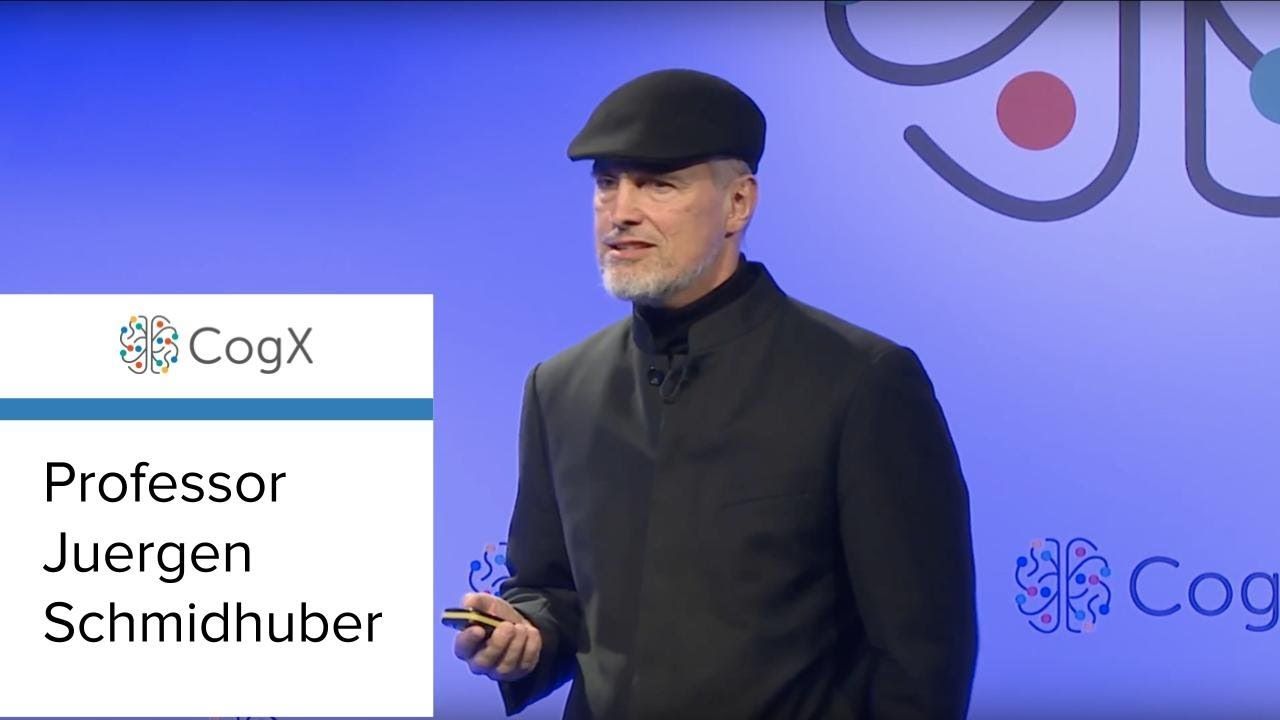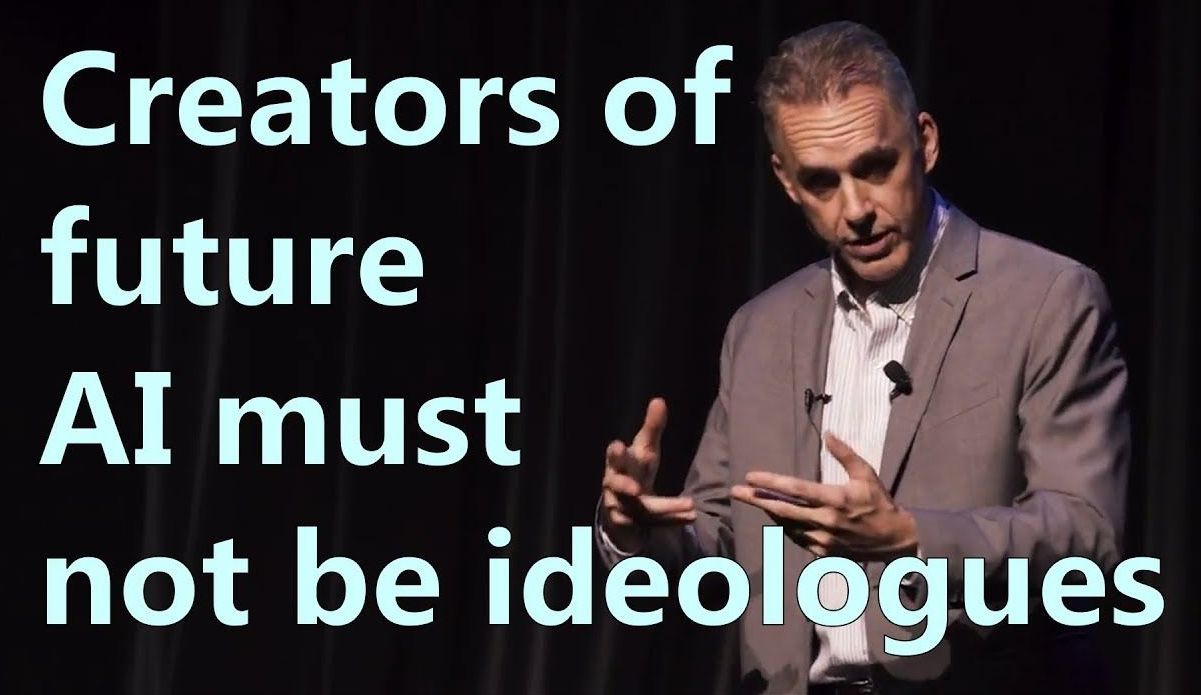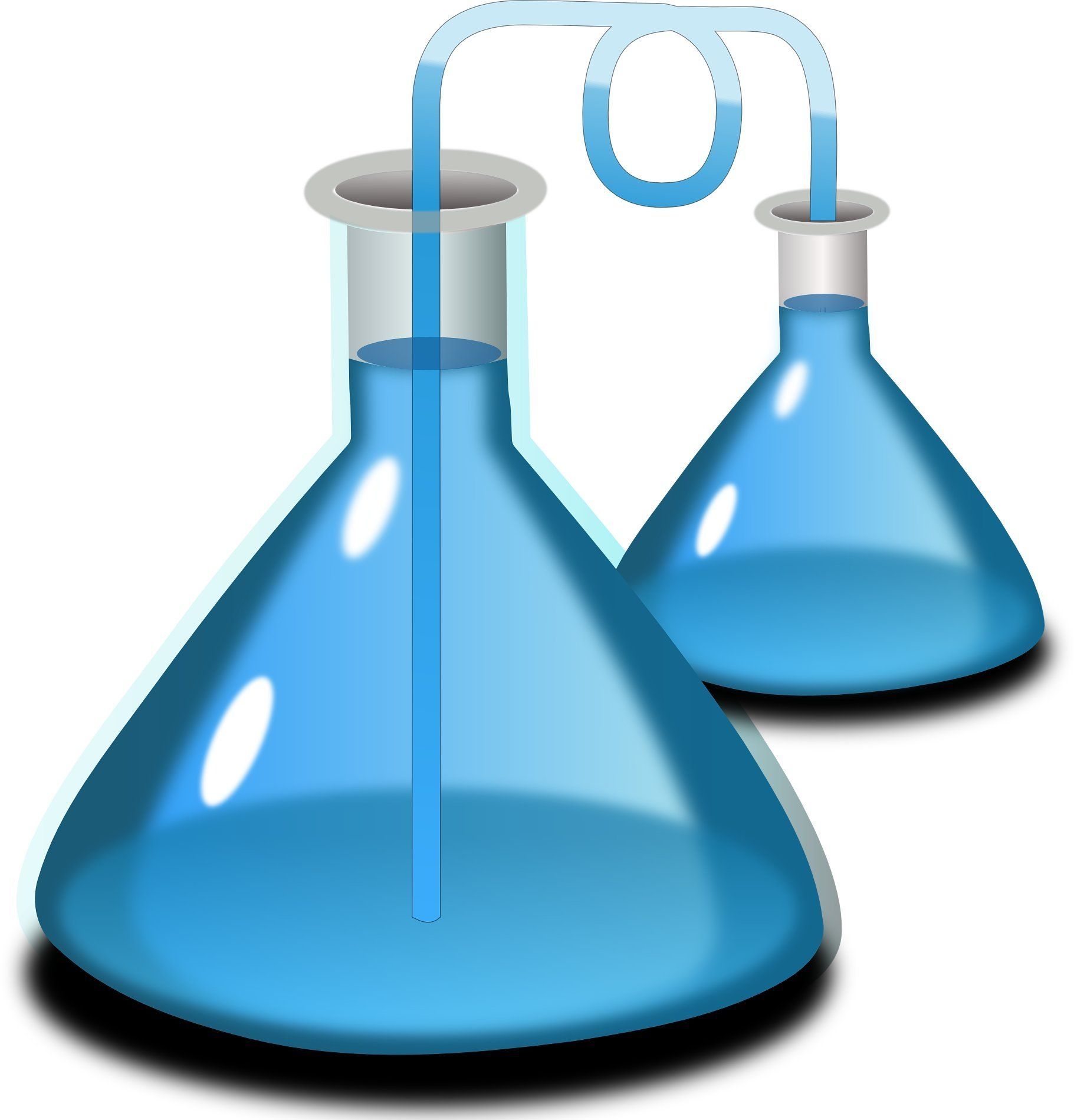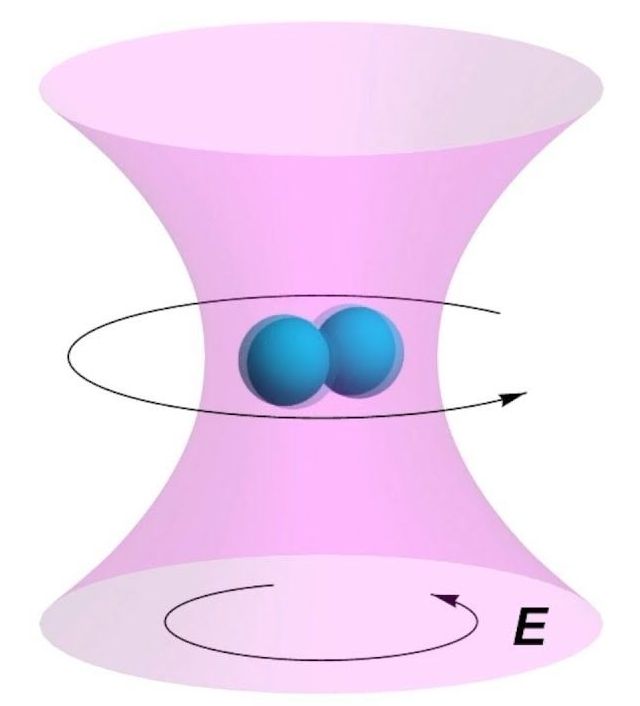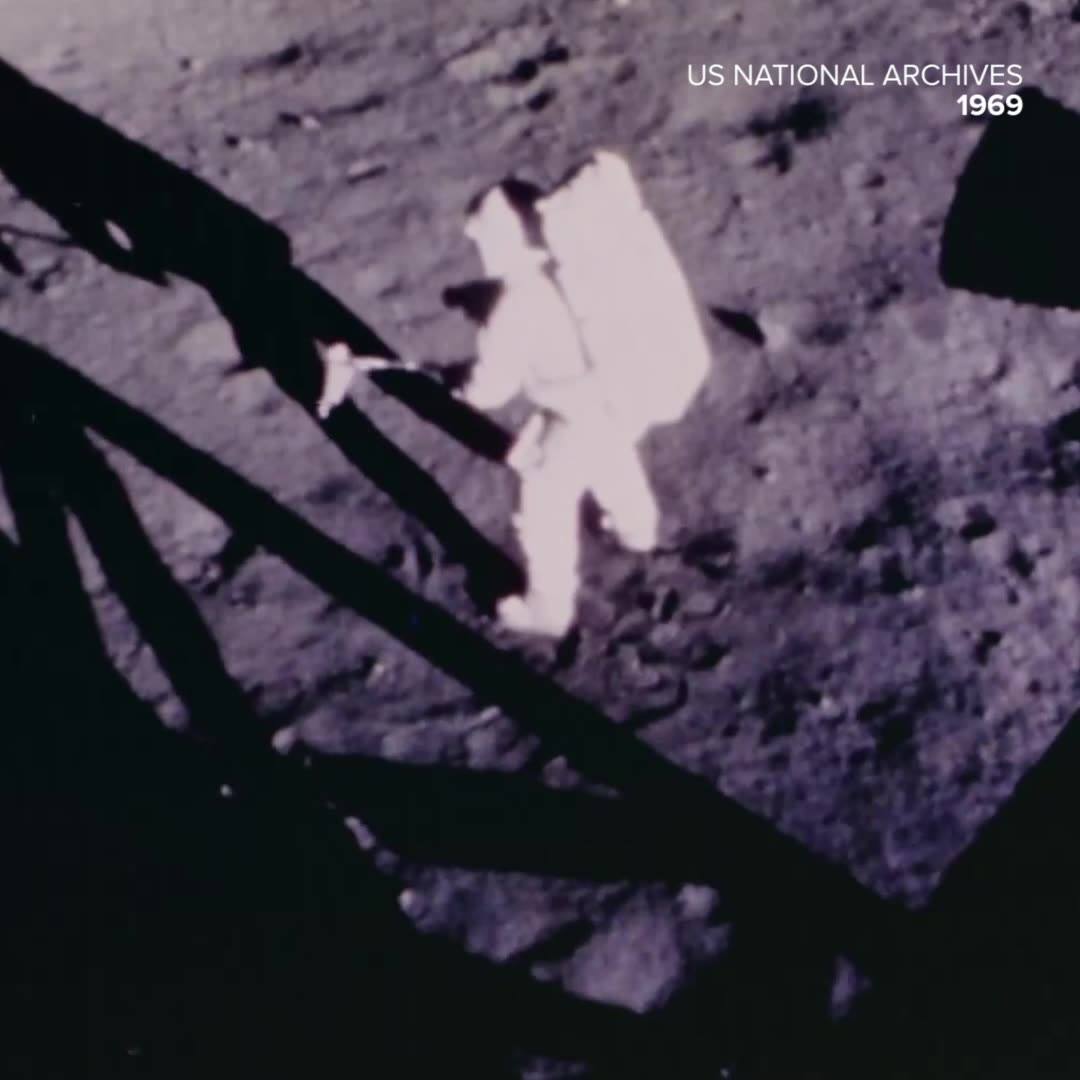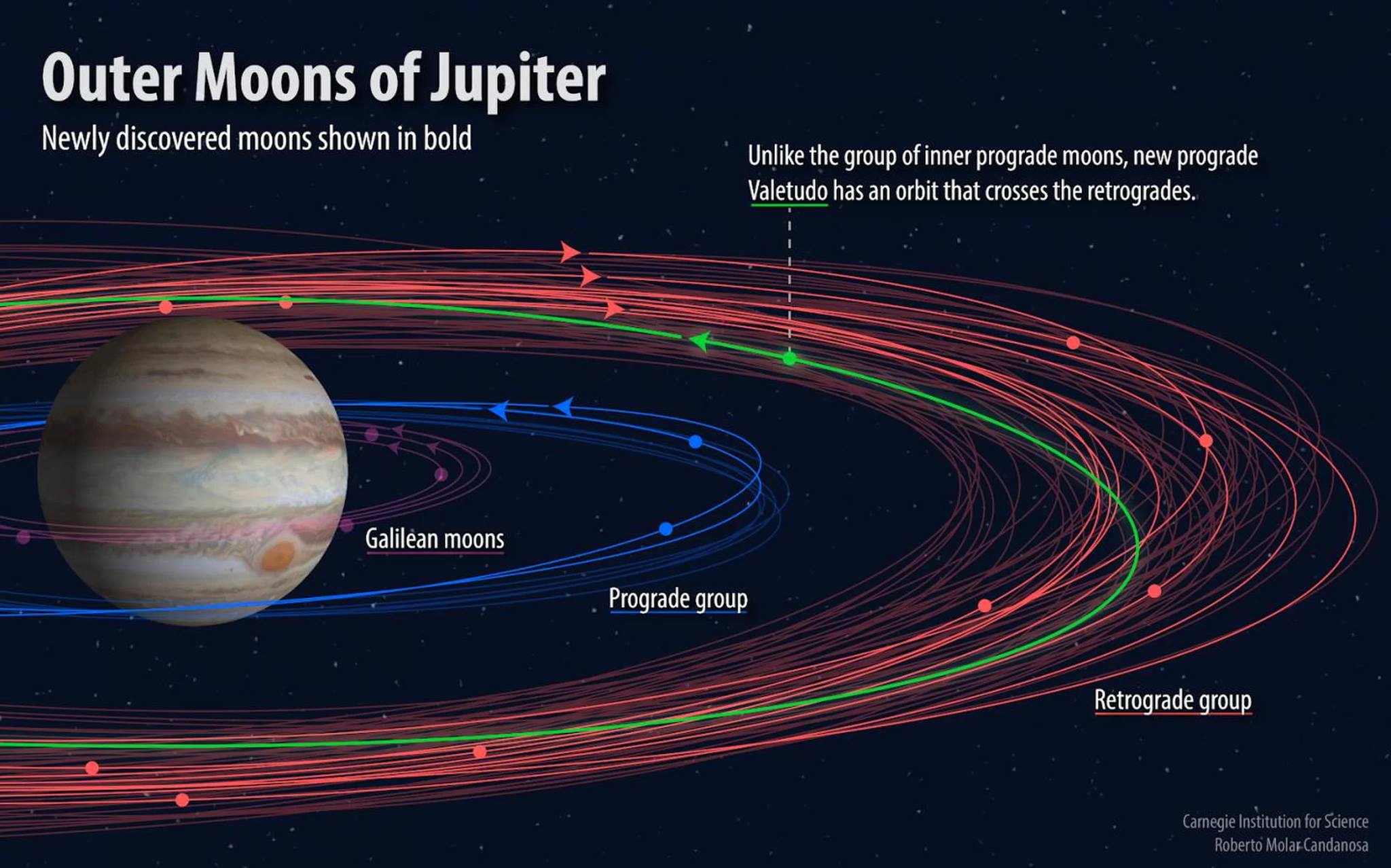Learning algorithms which improve how they learn, computers which define their own objectives and then do it, robots which learn from us like children do, its all not far off now.
Panelists:
Professor juergen schmidhuber director & professor, the swiss AI lab IDSIA – USI & SUPSI
